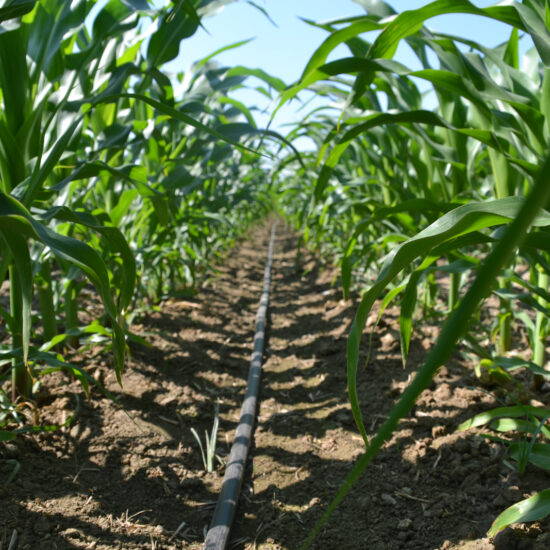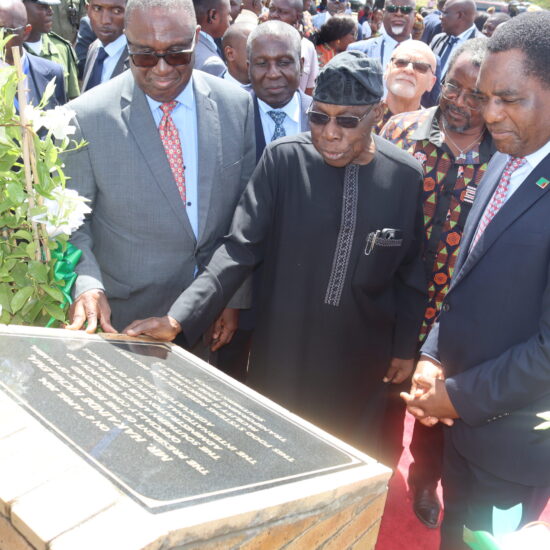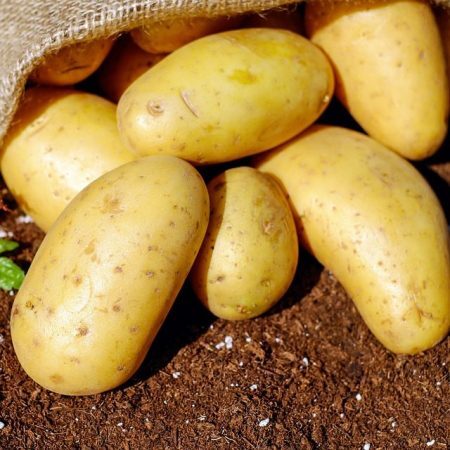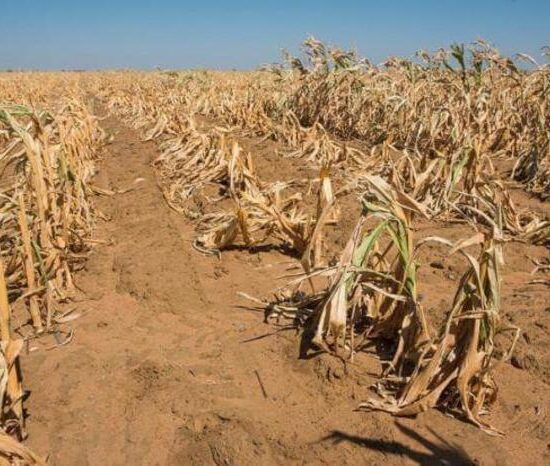United Capital Fertilizer UCF says the planned increase in production from 200 000 metric tons this year to over 300 000 metric tons next year which is likely to satisfy the local and the regional market will have a great impact on the farmers and the country as it will further reduce the commodity price.
Speaking in an exclusive interview with the Zambian Business Times – ZBT – UCF Chairman Chance Kabaghe said realization of this plan entails that there will be no need for the country to import fertilizer as the country will be safe sufficient when fertilizers will be locally produced.
He said apart from satisfying the Government requirement under the Framer Input Support program FISP, there will be enough fertilizer for also individual farmers who may wish to buy the product at an affordable price.
UCF plans to increase production from the current 200 000 metric tons to over 300 000 metric tons in 2024 which translates to 600 000 for both Urea and D compound a situation which is anticipated to settle the local and regional demand market.
Kabaghe said the fertilizers will be available in a timely manner and also without questioning the quality because it will be certified by mount Makuru and the Zambia Bureau of standards.
“The idea is to compliment the seed industry as the country is self-sufficient in seed production so we really want to invest so much that this country starts having also its own fertilizers without thinking of importing. So as a country if we timely have seed and fertilizer available there is no reason at all this country cannot become a fully sustainable region food basket.” he explained.
He said more jobs are also likely to be created within the country and Farmers will be getting the commodity at a much lower price than they are buying because the product will be produced locally where the overheads for producing are much lower than when the product is imported.
He assured that the country will have fertilizer throughout the year as they will be producing 24/7 all year round and change the narrative of fertilizer only being available on the market during the rainy season.
“We have sorted out the seed but the second thing is to sort out the fertilizer side which we have taken that leadership as the local and regional market is big so our role really in the next 3 years is to make sure that as a country we are self-sufficient and we start now exporting to the region so that the country can also start earning foreign exchange from our own fertilizers produced in Zambia.”
He said the investment of this particular plant will go to over $1 billion stating that they are only in the second phase with an investment of $600 million.
“Right now we are able to produce up to 200 000 both Urea and D compound and come next year we should be at 600 000 (300 000 D and 300 000 Urea) and when we get to that we will be becoming more self-sufficient with only some few importations.”
“Our plans going forward is to also start blending fertilizers. Now when you blend it means you test soils of a given area and then you identify what is really deficient then you blend fertilizer to address the specific soil in a given area.” he added.
He explained that, “the idea of just using D and Urea is a blanket recommendation all over the country but soils are different so as a country we have to start moving to start blending to suit the deficiencies of soils in Agro ecological zone.”
Meanwhile Kabaghe has also encouraged other companies interested in the production of fertilizers within the country to tap in and ensure that they address the issues that have been surrounding the supply of the product since time immemorial
He said the investment is really to make Government everything that they require for their fertilizer in FISP and also save some of the local farmers within the country.
“Currently we have 87, 000 in stock, I remember we had some problems in supplying for 2022/2023 FISP which will not be a problem in 2023/2024 because we had just started operating last year but now we are ready to supply all what the Government wants even before July everything should be supplied to Government.” Said Kabaghe.






